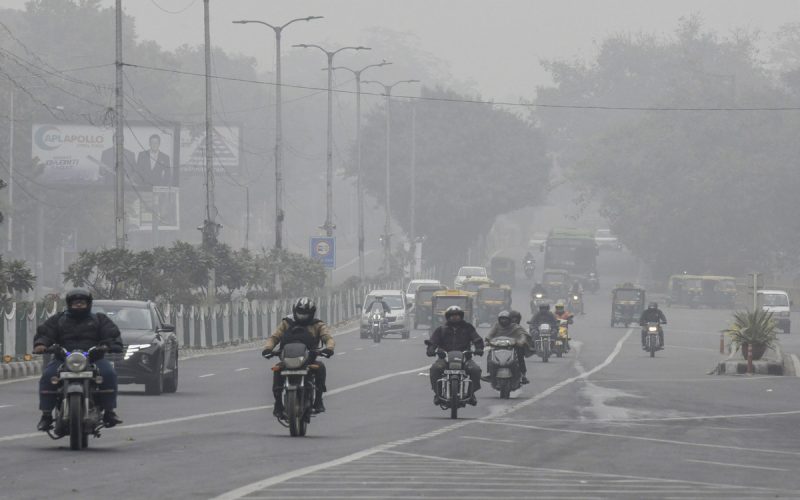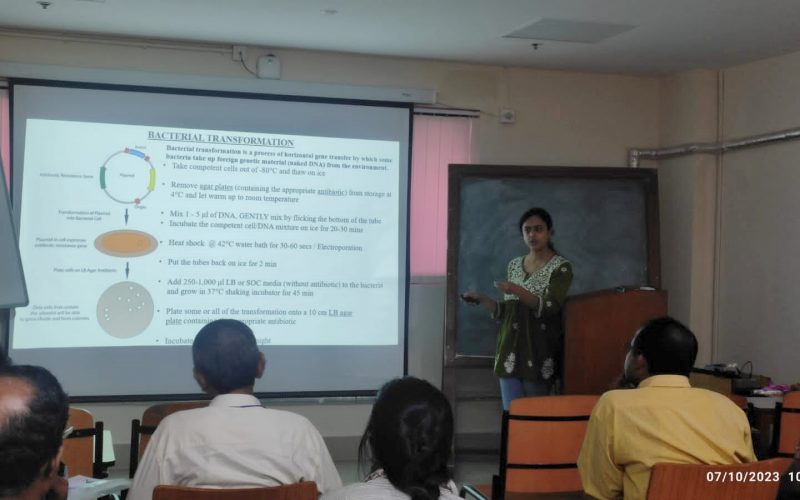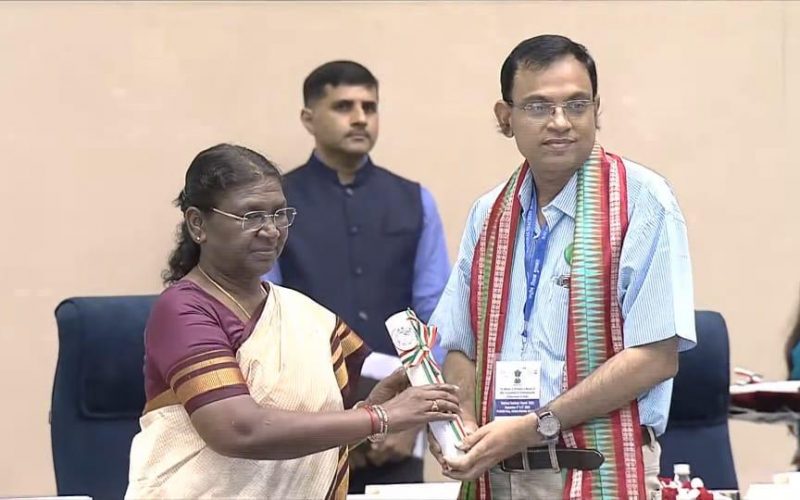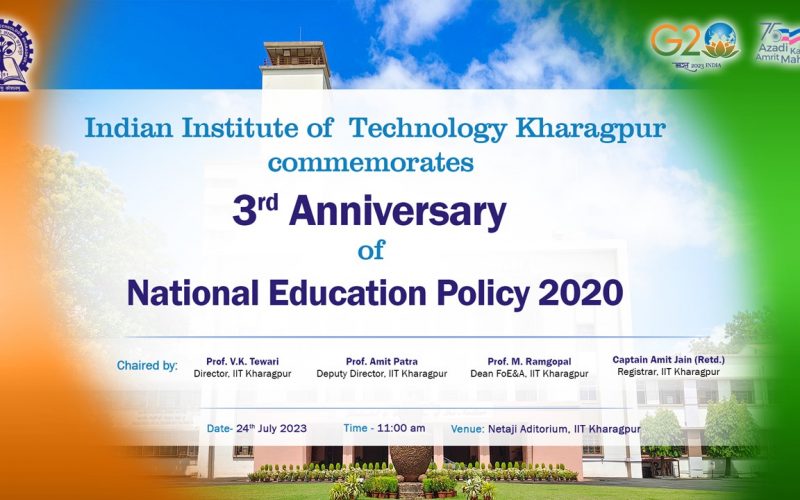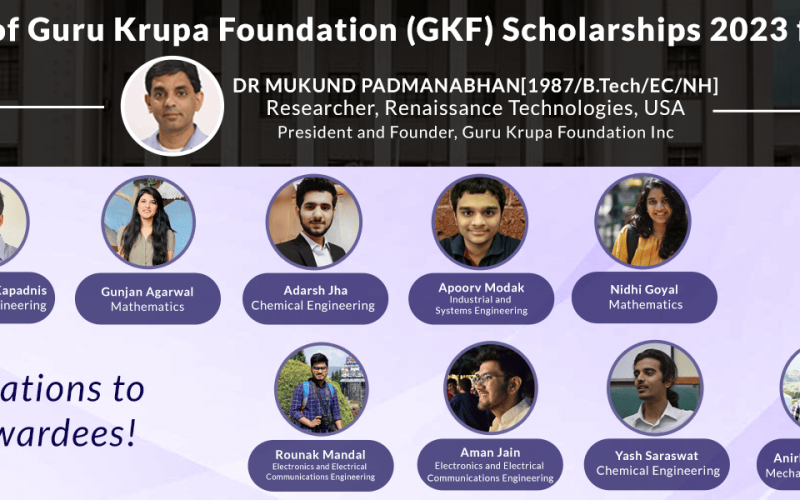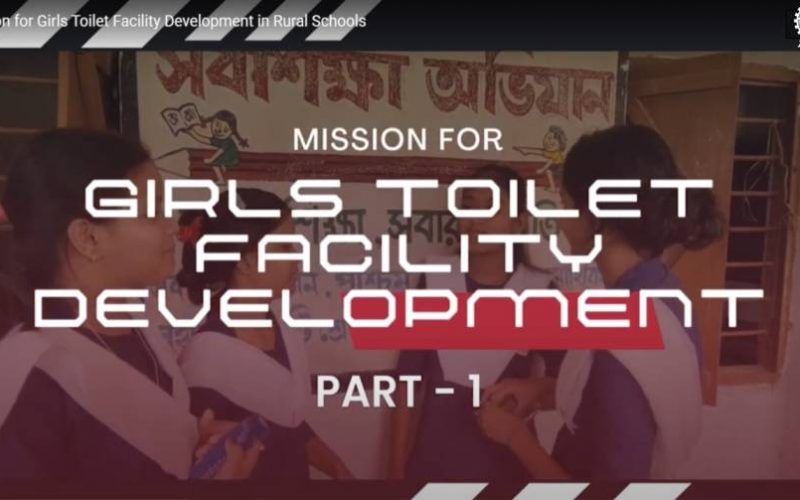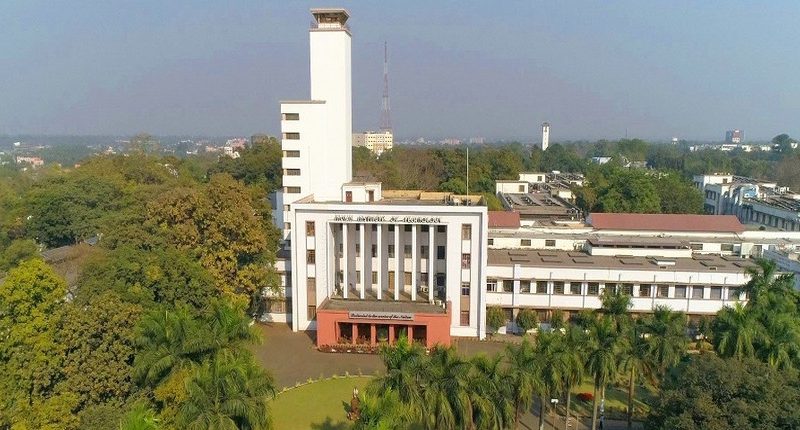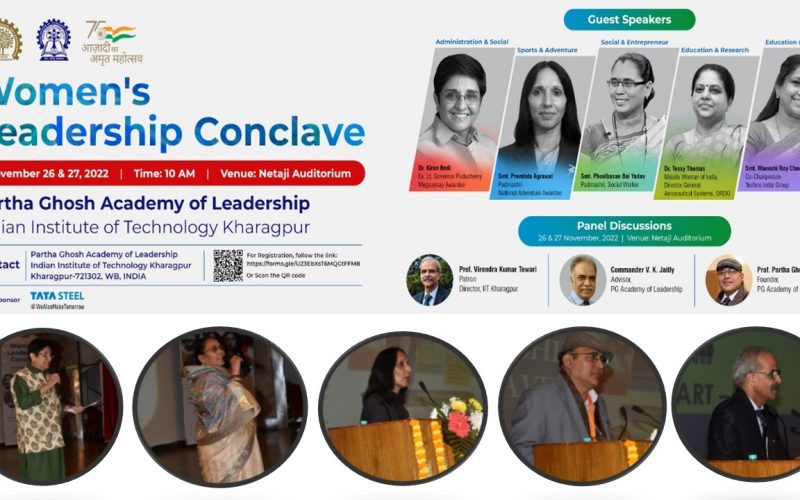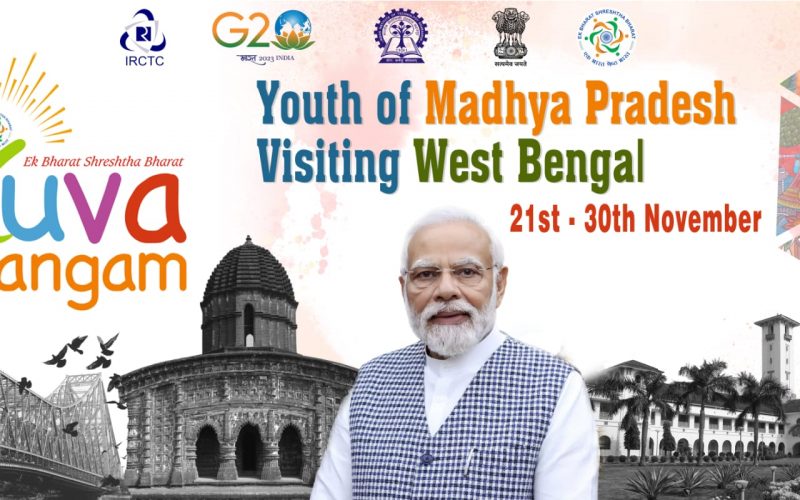
Yuva Sangam Phase III – IIT Kharagpur hosts 50 students from Madhya Pradesh
The Ministry of Education kick-started the 3rd phase of Yuva Sangam starting from 21st to 30th November, 2023 with a delegation of 50 students belonging to diverse parts of Madhya Pradesh travelling to West Bengal for a cultural and education tour. A nation-wide Student Exchange Programme, as we say might say it, Yuva Sangam under the Ek Bharat Shreshtha Bharat initiative endeavours to promote experiential learning and introduces the youth of the country to the rich diversity of our country. It also aims to provide an immersive experience into the unique facets of life, developed landmarks, architectural and engineering marvels, industrial…

